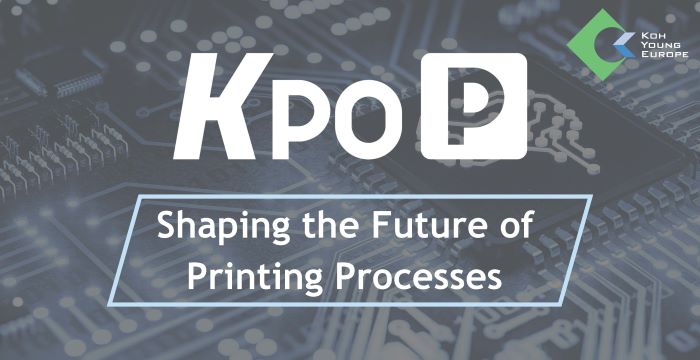
PCB |
Bosses discussed the European PCB future
The European Institute for Printed Circuits – EIPC held its annual winter conference last week. This time the top management from the European PCB Industry gathered in Rome, Italy to discuss the future for the PCB industry.
Dominique Pellizzari is the boss of the CIRE Group, and wondered what can the European PCB industry do to get stronger? Some facts and figures first - the French PCB industry represents 9% of European production, it is worth 234 million euros, and comprises just 31 companies (down from 68), and they are the 5th largest producer in Europe. Most members are small - medium companies, serving an 800 billion euros electronics industry in France; challenges include a reduced supplier base, restrictions on number of hours, tougher environmental regulations, and changes in the ‘value chain’.
The structure of FIEN was described, with Gixel, FIEEC, and a competitive cluster, such as in Toulouse, where the companies and universities specialise in aerospace with technology companies gathering together in serving one industry sector. Insurance, payment terms, industry standards and regulations were all matters which came under FIEEC and FIEN takes on the promotion in all aspects, lobbying to promote R&D. Translate such a national approach into a European one was the point made by Dominique. In an ideal world, Dominique.
Giacomo Angeloni from Somacis in Italy had a swift look over his shoulder. Well, there were 767 PCB manufacturers in Europe in 1990, now there are just 342. The PCB market in 2000 was 4775 million euros, and this has dropped down to 2748 million in 2006. In Italy, the number of PCB companies has dropped down from 167 to 33, and there are 25% less people employed in the PCB industry in Italy than there were before.
What manufacture we have left is paying higher prices for most of its supplies. We are paying about twice as much for petrol in Europe as they do in China. In Italy motorists are paying $1.56 per litre, against $0.69 per litre in China. Looking at what the EC does for industry, the answer appears to be – not a lot; 45 % of expenditure is in agriculture. But surely we should be investing in technology, not crops. Technical economical and political actions are needed; we need European funds for research, for it is on the back of innovation that we shall survive. Much team work is needed here, said Giancomo. Like Bernard, Giancomo is looking at the EC for assistance, but it maybe that the commissioners have to be persuaded that the future lies in technological innovation, not olive trees.
Dr. Udo Bechtloff from KSG Leiterplatten GmbH said that his company has the same problems as anyone else, but they have been successful in their own right. It is a family owned company, with a turnover of 9 million Euros in 1996, which had risen by 2007 to 47 million. Founded in 1956, KSG lies in the former East Germany and before reunification were employing 3000 people, but they aim to be down to 430 by 2010. They have made a 50 million Euro investment in plant and buildings, serving 535 global customers, but through German ‘mother’ companies. Growth had been a process of steady increase, and their product spread is 39% for industrial electronics, 31% for EMS, 14% automotive, 10% consumer electronics and telecom 5%. With 25,000 orders per annum, they handle 100-200 different jobs per day, with an average order size of 1-2 m², with 96% delivery reliability. They have grown in a declining market, admirably, where a market in Europe has reduced by 47% in 7 years they have risen by 88%. Supply what the customer wants, said Udo. Yes, but it just maybe that KSG started with a lower operating cost, and benefited from a lot of government assistance. Their technology road map was very interesting, and as was the fact that they fund 10 R&D engineers out of turnover. Reliability of products, says Udo, is the most important thing, and reliability testing is carried out as a matter of routine. We suspect that a little modesty was being displayed here, with inspired management and strong staff motivation being key factors as well.


